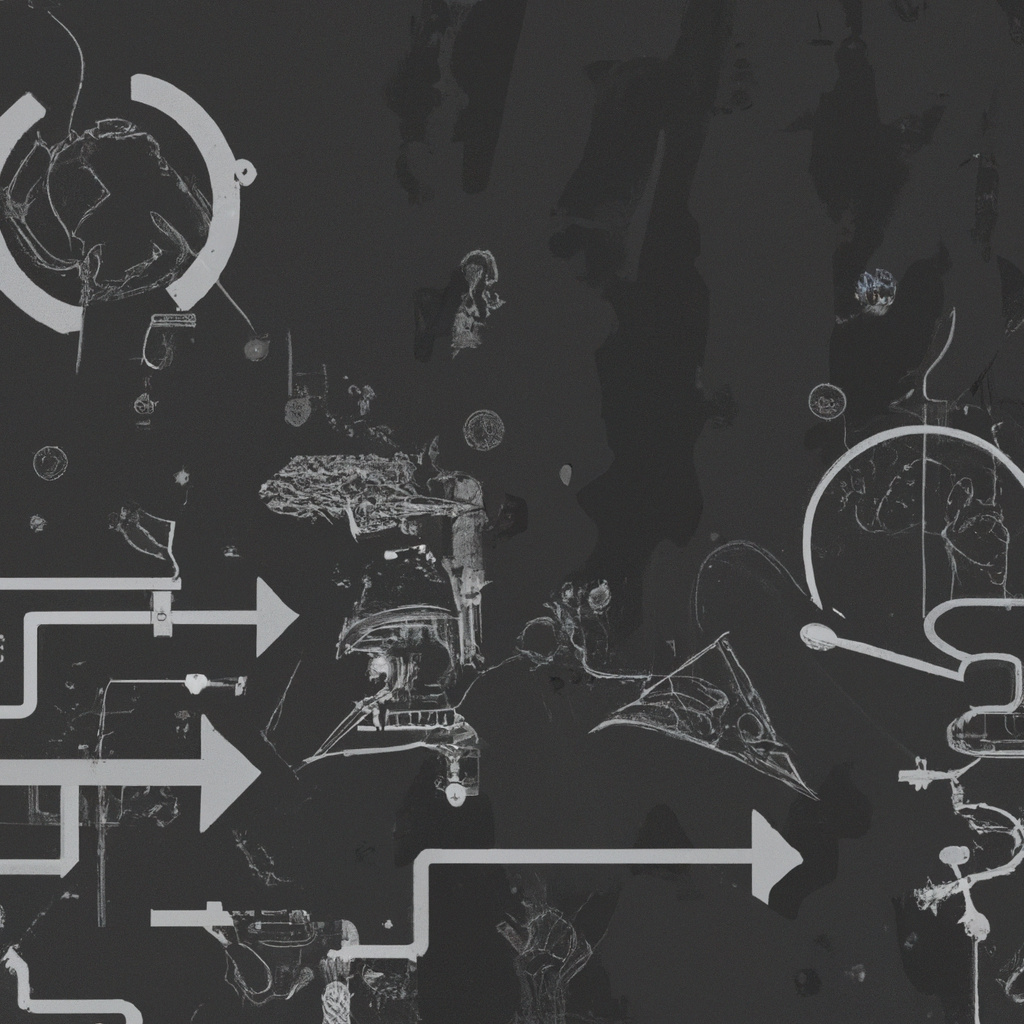Labs
Product Manager
A product manager is responsible for identifying customer needs, creating a product strategy, and guiding the development and launch of products.

Are you interested in understanding what a Product Manager does and how they contribute to the success of innovation and transformation projects? Look no further! In this article, we will provide a comprehensive overview of the role and responsibilities of a Product Manager.
Where did Product Manager come from?
The role of a Product Manager has evolved over time in response to the changing landscape of technology and consumer demands. Originally, product management focused on overseeing the development and launch of physical products. However, with the rise of digital products and services, product managers now have a broader scope that includes software, apps, and online platforms. This shift has allowed product managers to take on a more strategic role in shaping the overall direction and success of an organization's products or services.
What are the key concepts?
Some of the key concepts involved in Product Manager include:
- A product manager is responsible for identifying customer needs, creating a product strategy, and guiding the development and launch of products.
- They work closely with cross-functional teams, including engineering, design, marketing, and sales.
- Product managers prioritize features based on business goals and user feedback to create a roadmap for development.
- They conduct market research to understand industry trends and competition in order to make informed decisions.
- Communication skills are crucial for product managers as they must effectively communicate with stakeholders at all levels of the organization.
What's the process?
As a product manager, your main responsibility is to oversee the development and launch of new products or features. This typically involves several key activities such as conducting market research, analyzing data and customer feedback, creating product strategies and roadmaps, collaborating with cross-functional teams like engineering and design, defining product requirements, managing the product development process, conducting user testing and validating prototypes, coordinating with marketing to ensure successful product launches, and monitoring post-launch performance. By engaging in these activities effectively, you can drive successful innovation within your organization while meeting the needs of your target customers.
What outcomes can you expect?
Some of the outcomes you can expect from working with Product Manager are:
- Gain a clear understanding of the role and responsibilities of a product manager.
- Learn how to effectively prioritize and manage product requirements.
- Develop skills in market research, user testing, and data analysis to inform product decisions.
- Acquire techniques for fostering cross-functional collaboration within your organization.
- Strengthen your ability to drive innovation and bring successful products to market.
Are there any debates or criticisms to be aware of?
- Lack of clarity in job responsibilities can lead to conflicts and overlapping roles between product managers and other team members.
- Difficulty in prioritizing feature requests can create tension, as product managers need to balance customer needs, business goals, and technical constraints.
- Challenges in managing stakeholders arise when there are differing opinions on product direction or conflicting priorities.
- Limited resources or budget constraints can hamper the ability of product managers to deliver all desired features or improvements.
- Difficulties measuring success may arise when determining the impact of a product manager's decisions due to multiple factors influencing outcomes.
Conclusion
The role of a product manager is crucial in driving innovation and leading transformative projects. Product managers are responsible for identifying customer needs, creating product strategies, and guiding the development and launch of products. They work closely with cross-functional teams, prioritize features based on business goals, conduct market research, and communicate effectively with stakeholders. By improving their understanding of their role and developing key skills such as prioritization, market research, collaboration, and innovation management, product managers can successfully bring products to market while meeting customer needs. However, they must also navigate challenges such as conflicting priorities and limited resources while maintaining ethical practices to maintain trust with users.
TLDR;
- Product managers play a crucial role in bringing new products to market and driving innovation.
- They bridge the gap between business goals, customer needs, and technical feasibility.
- Effective product management leads to better product strategy, improved customer experience, and higher revenue growth.
- Challenges may include aligning various stakeholders' expectations and managing competing priorities.
- Successful product managers prioritize communication, collaboration, and continuous learning.
